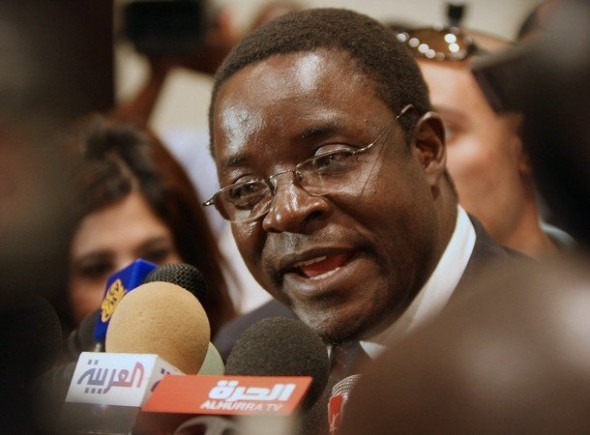Harare – A diplomatic storm is brewing between Zimbabwe and United States after a US Diplomat left the country following an accident which killed 11-year-old girl in Dema, Seke.
The US Embassy Second Secretary, Eric Kimpton has been identified as the diplomat by Zimbabwean authorities. Kimpton was reportedly involved in the Dema crash that occurred on June 3, 2024 but it is being alleged he has since fled the country without completing accident forms and is now a “fugitive from justice”.
But the US Embassy in Harare denied this, saying Kimpton has followed local authorities’ instructions after the crash and left Zimbabwe.
“The US embassy expressed its sincere condolences and deep sadness regarding the tragic death of a school-aged girl near Dema, in Zimbabwe on June 3rd, 2024. The US embassy including the US diplomat involved in the accident transparently complied with local officials following the accident. The diplomat involved in the accident has since departed Zimbabwe. US embassy representatives have been in communication with the family and community including attendance at the funeral and support for the girl’s family. The US embassy recognizes the devastation of this accident for all involved and will continue to communicate and cooperate with the police and other officials as they complete their investigation. Our thoughts are with the family and loved ones, of the girl,” a spokeswoman for the embassy said in a statement.
Zimbabwe Republic Police spokesman, Commissioner Paul Nyathi, told VOA that police officers who attended the accident scene were initially told by senior US embassy officials that Kimpton needed some time to rest. However, according to Commissioner Nyathi, police were later informed that the American diplomat had left Zimbabwe.
“The documentation process hasn’t been completed and the matter is still before the police because we could not proceed with the formalities in his absence. It appears he is no longer coming back to Zimbabwe. So investigations have stalled,” Nyathi said.
President Emmerson Mnangagwa’s spokesperson, who is also the Deputy Chief Secretary to the President and Cabinet, George Charamba, told journalists that no one under the sun is allowed to kill an innocent Zimbabwean and walk scot-free.
“No one, from whichever country or continent, is allowed to spill innocent Zimbabwean blood and get away with it. The behaviour of diplomats must be consistent with the dignity of their profession but also with the expectations of the Vienna Convention. When a diplomat is involved in a fatal traffic accident, uses the pretext of counselling, which he thinks is only available in his country, and then decides to stay away from the police, he or she moves from being a diplomat to a fugitive and there are adequate instruments which Zimbabwe can summon to bring that diplomat to account. We will do precisely that,” Charamba told the state-controlled Herald newspaper.
However, Texas-based human rights lawyer, Kennedy Masiye, pointed out that diplomats are protected under international law.
“Diplomats are protected from prosecution under international law. Zimbabwe is signatory to the Vienna Convention that protects diplomats from being prosecuted criminally or in civil court,” Masiye said.
Masiye admitted that Harare could request a waiver from the US government to allow for the diplomat to stand trial, but ultimately it is up to Washington to lift the immunity.
The US Department of State Office for Foreign Mission Diplomatic and Consular Immunity: Guidance for Law Enforcement and Judicial Authorities states that “The principle of diplomatic immunity is one of the oldest elements of foreign relations. Ancient Greek and Roman governments, for example, accorded special status to envoys, and the basic concept has evolved and endured until the present. As a matter of international law, diplomatic immunity was primarily based on custom and international practice until quite recently. In the period since World War II, a number of international conventions (most noteworthy, the Vienna Convention on Diplomatic Relations and the Vienna Convention on Consular Relations) have been concluded. These conventions have formalized the customary rules and made their application more uniform.”












